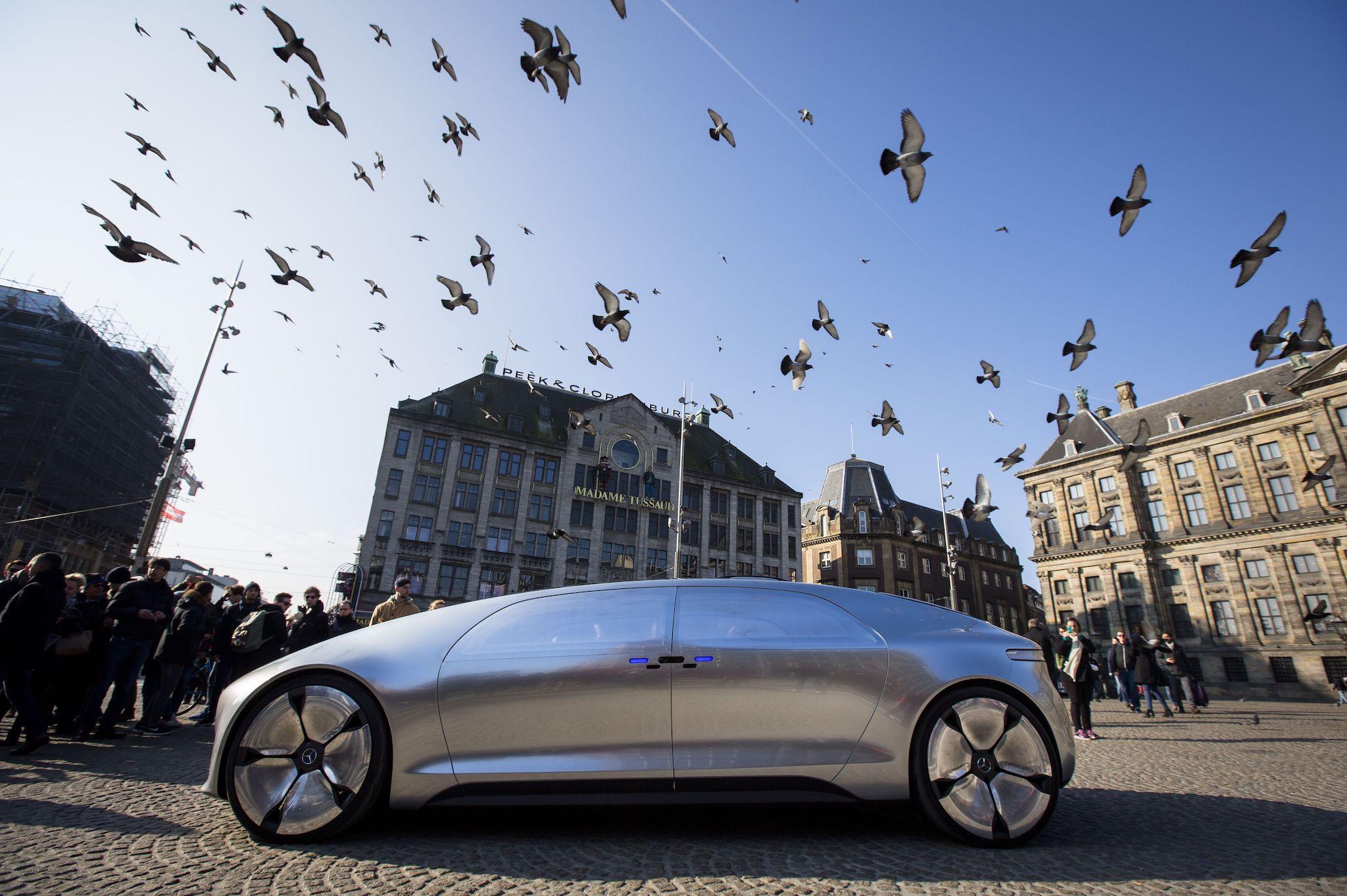Self-driving car survey shows who exactly the world wants autonomous vehicles to sacrifice
Animals and the old chosen to be killed in huge survey

Animals and the old should be sacrificed in autonomous vehicle crashes, according to a major new study.
When self-driving cars arrive, they will be forced to decide who should die when they collide with members of the public. When something goes wrong, they will have to be programmed to opt for one group or another when deciding where to crash, an issue that has become a central ethical problem for those designing the cars.
Researchers asked more than 2 million people in an attempt to establish who the public thinks should be sacrificed in those crashes. They were told to imagine a situation where a deadly crash was going to occur and the car had to choose between two sets of people – and asked to decide which of those groups would die.
And while the results varied widely between different groups of people, the scientists found a number of common beliefs between them.
Chief among them were three main elements. In crashes, cars should favour that fewer people die rather than more, that older people are killed rather than younger ones and that humans are favoured over animals.
They also found that people tended to believe that cars should favour law-abiding citizens over those that might be walking in the road.
“The main preferences were to some degree universally agreed upon,” said Edmond Awad, a researcher at the MIT Media Lab and lead author of a new paper outlining the results of the project. “But the degree to which they agree with this or not varies among different groups or countries.”
For instance, people in many eastern countries tended to agree less strongly that older people should be sacrificed for younger ones.
The researchers hope that the discoveries can help inform the creation of new self-driving cars, so that they can represent the ethical beliefs of the people who use them.
The researchers also said there was a vast and surprising amount of interest in the problem, and that they hoped similar exercises could be conducted in the future to involve the public in such decision making.

More than 2 million people in over 200 countries took part in the survey, which represented an updated version of the famous “trolley problem” often used in philosophical thought experiments. In that problem, people are told to imagine a trolley heading down a track and to think about various possibilities – like whether diverting the train to kill more people is better than leaving the situation to happen – in an attempt to understand ethical decision making.
Join our commenting forum
Join thought-provoking conversations, follow other Independent readers and see their replies
Comments
Bookmark popover
Removed from bookmarks